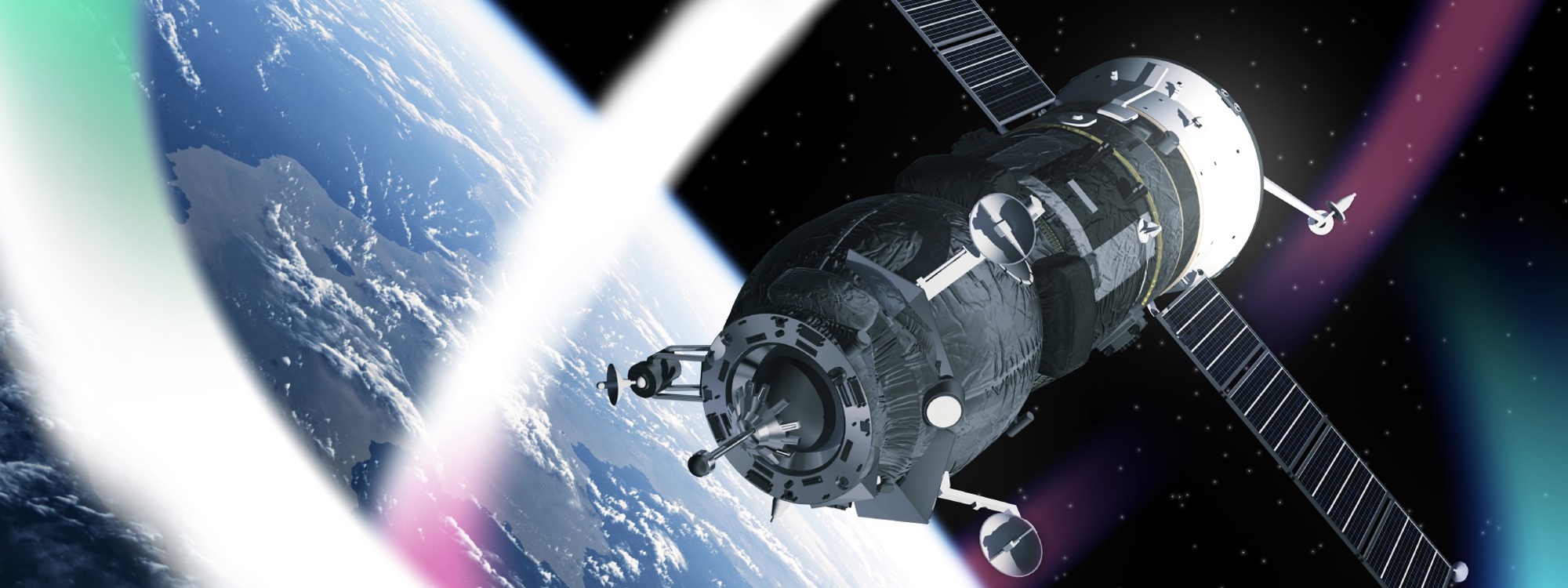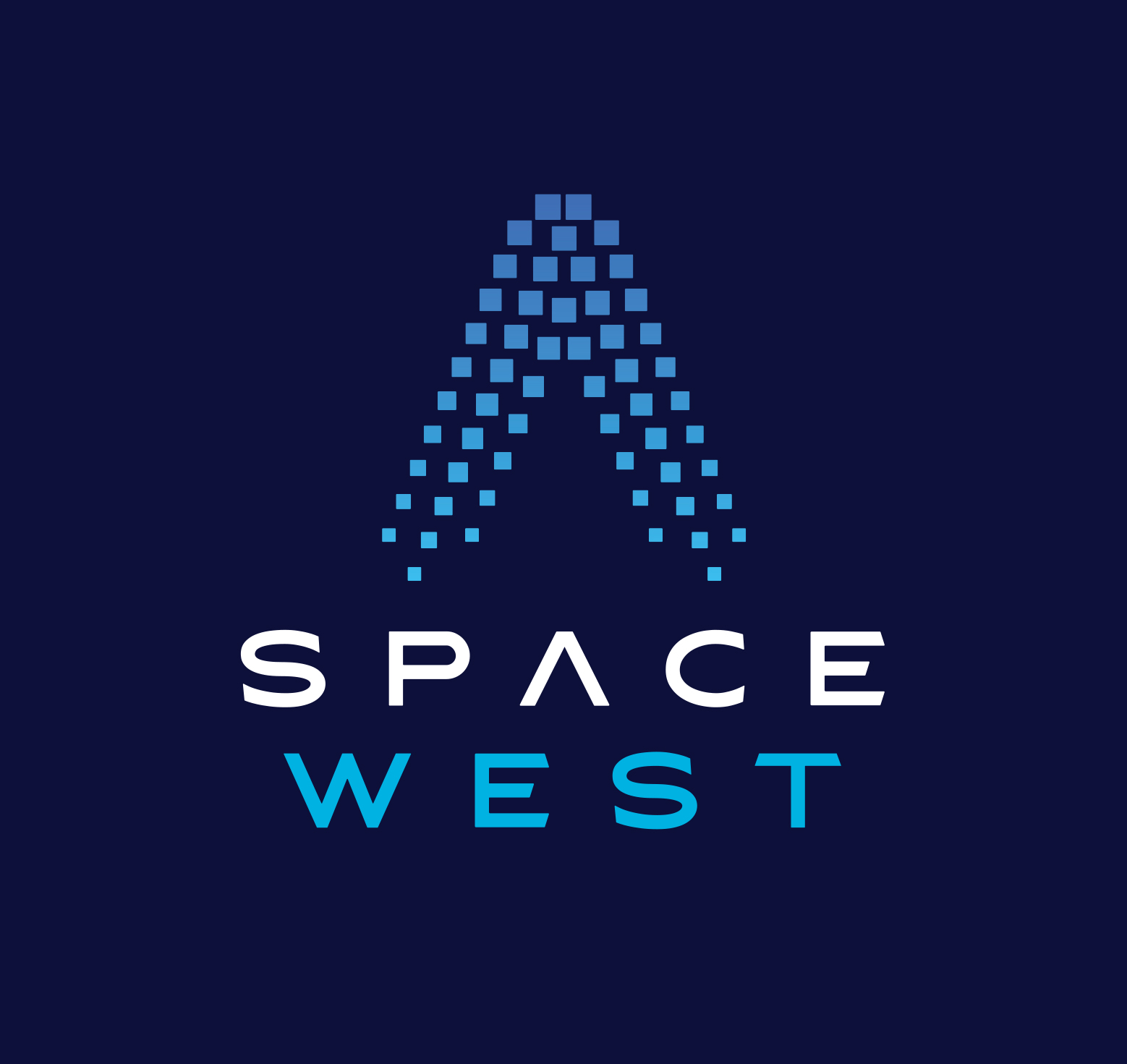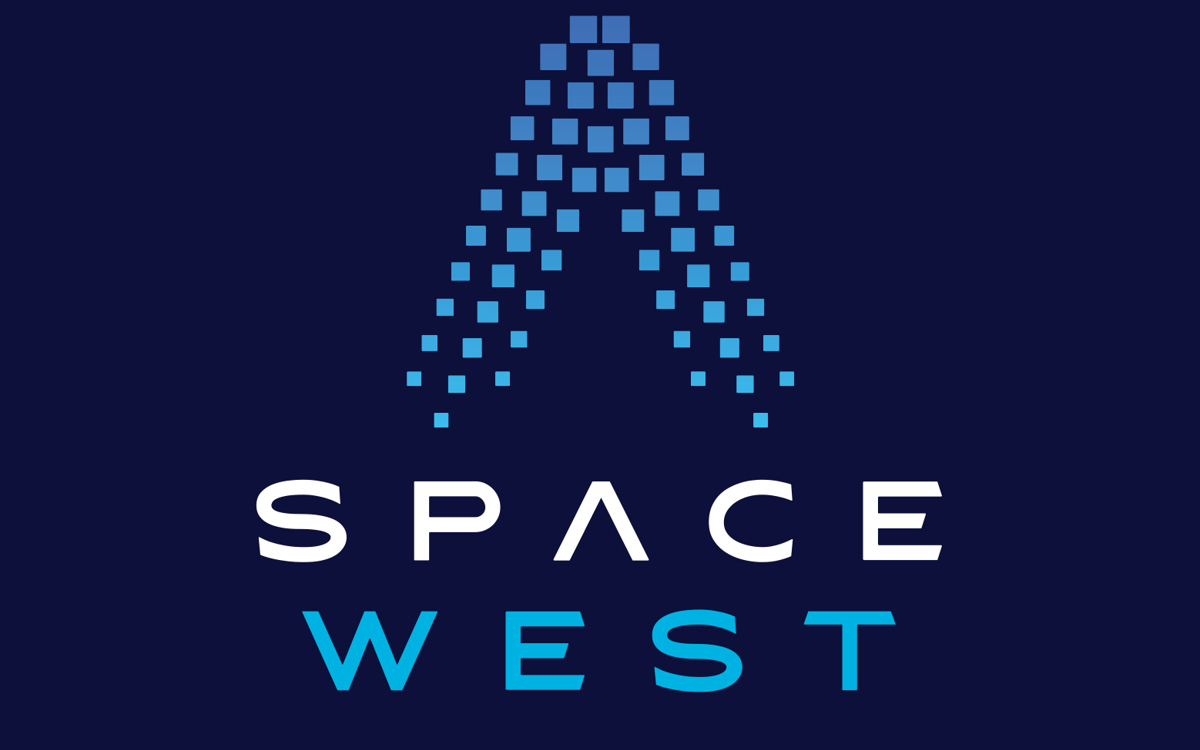
To be internationally recognised space region, inspired by local, national and global challenges
Our vision is for the region to be an internationally recognised space region, inspired by local, national and global challenges to strengthen our security, improve the economy, the environment and wider society.
Space West is a regional consortium of academic and industry partners designed to accelerate growth and innovation in the space sector within the region and nationally.
The Space West programme is hosted by NCC and is funded by the UK Space Agency. It is supported by founding partners including the West of England Mayoral Combined Authority, the Centre for Modelling and Simulation, the University of Bath, the University of Bristol and the University of the West of England. Reinforced by strong endorsement from industry champions, the Space Cluster has provided the momentum for the development of an ambitious and timely regional space strategy.

Get In Touch
Connect with Space West to find out how we can support your business and learn how we are accelerating growth and innovation.












